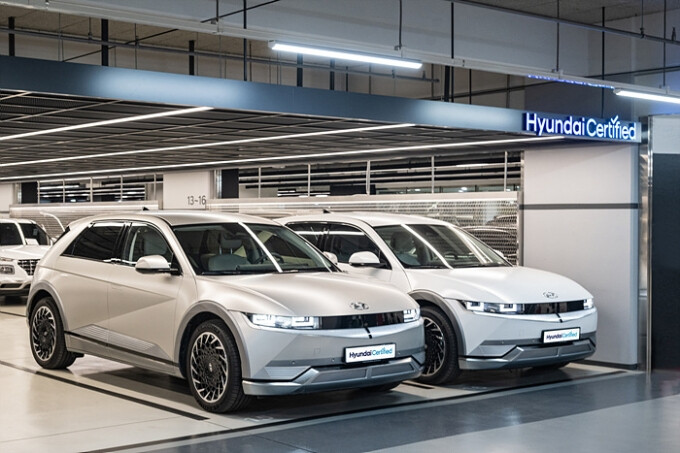
Seoul, South Korea – The South Korean government is set to expand its electric vehicle (EV) subsidy program in 2025, offering additional incentives for young adults and large families looking to make the switch to eco-friendly transportation.
According to a report released by the Ministry of Environment on December 31, the government will provide an extra 20% subsidy to young people purchasing their first electric vehicle. Previously, this additional support was only available to low-income youth.
For large families, the government will increase the subsidy based on the number of children. Families with two children will receive an additional ₩1 million, those with three children ₩2 million, and families with four or more children will receive ₩3 million.
Expanded Environmental Health Care and Carbon Neutral Points
Starting in the first half of next year, the government will introduce an environmental health care program for 10,000 low-income children. This program will provide various services such as indoor environment hazard diagnosis, counseling, medical treatment, and mold removal.
Additionally, the government plans to expand the carbon neutral point system, which rewards individuals for eco-friendly activities with points that can be exchanged for cash. Starting next year, two new activities will be added to the program: bicycle use and zero food waste.
Relaxed Regulations for Small Emitters and Emissions Trading
To reduce the administrative burden on small businesses, the government will exempt small-scale greenhouse gas emitters from reporting requirements starting in February 2025. This means that small businesses will no longer be subject to fines for failing to report address changes.
Furthermore, the government will ease restrictions on emissions trading starting in June 2025. Companies participating in the emissions trading scheme will be allowed to carry over a larger portion of their unused emissions allowances to the following year.
New Regulations for Chemical Substances and Environmental Impact Assessments
The registration criteria for new chemical substances will be revised, with the threshold increasing from 0.1 tons per year to 1 ton per year. The definition of "toxic substances" will also be refined, categorizing substances based on their hazardous properties.
Lastly, the environmental impact assessment process will be streamlined, allowing for faster approvals for projects with minimal environmental impact.
These policy changes reflect the South Korean government's commitment to promoting a more sustainable future and reducing its carbon footprint. By offering increased incentives for EV adoption and implementing stricter regulations on emissions, the government aims to encourage individuals and businesses to adopt more environmentally friendly practices.
[Copyright (c) Global Economic Times. All Rights Reserved.]






























